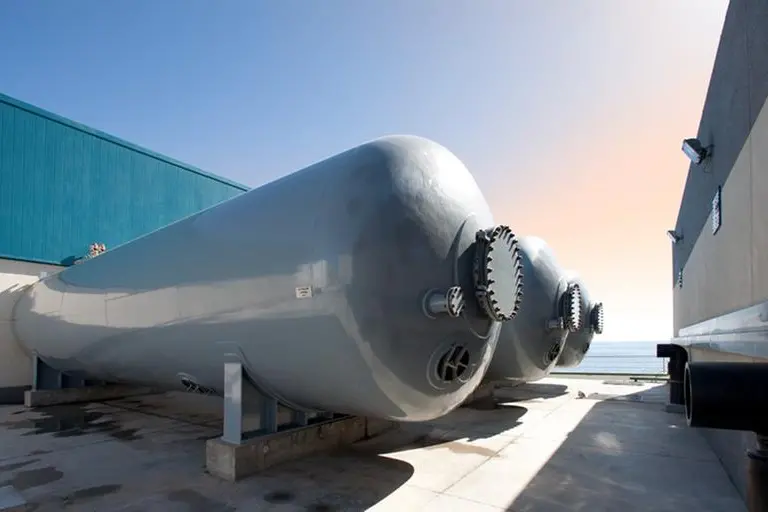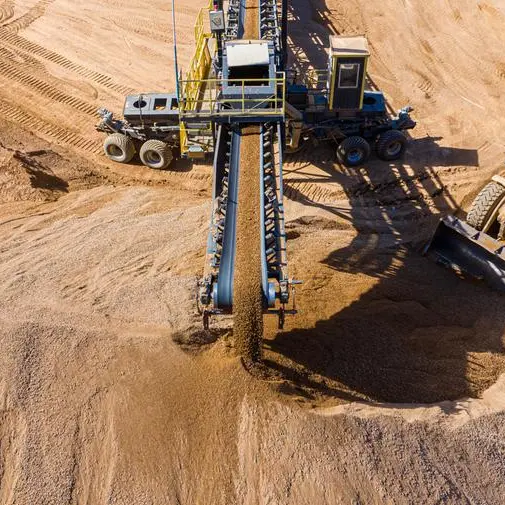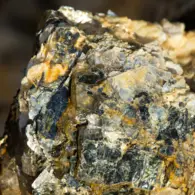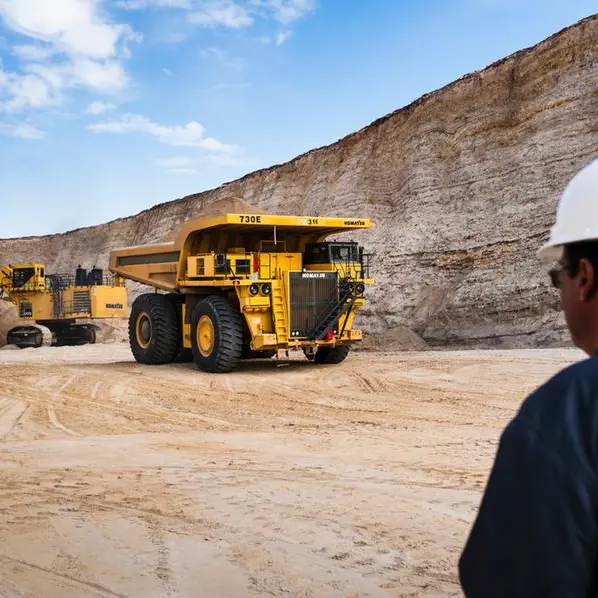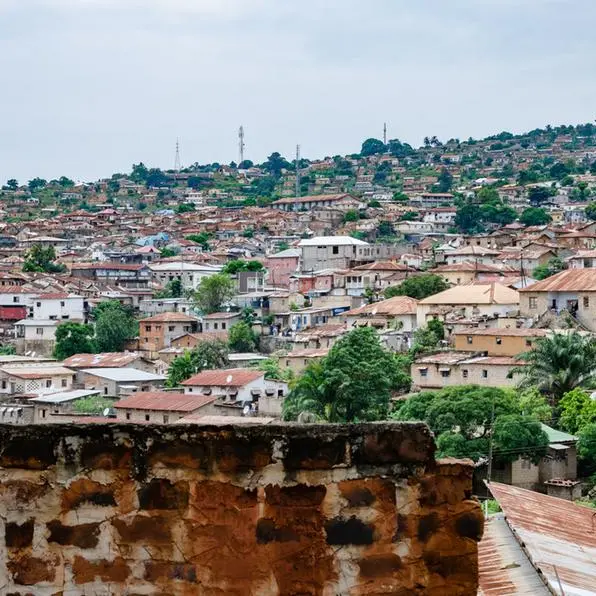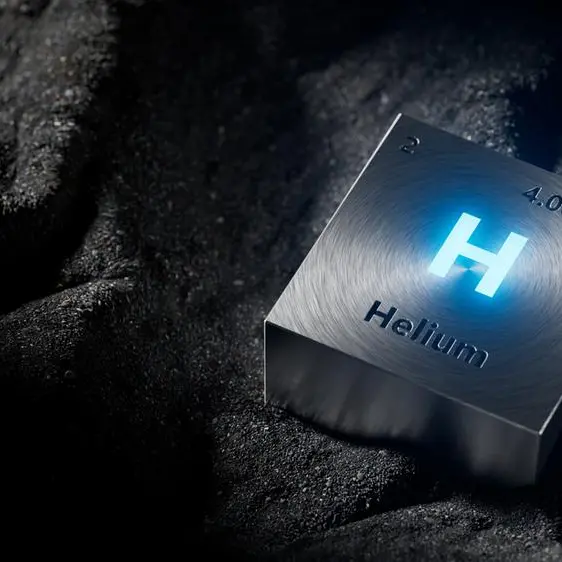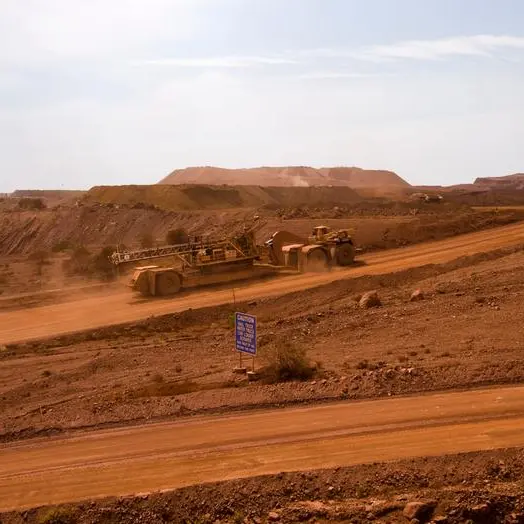PHOTO
Spanish infrastructure and utilities company Acciona announced on Thursday that it has a pilot project to extract high-value minerals from seawater brine in partnership with Barcelona-based LEITAT Technology Centre.
According to a company statement, the MINERALS project will address the development and validation, at pilot scale, of advanced technologies for the selective extraction of high-value elements from the brine created in the seawater reverse osmosis (SWRO) desalination process.
The technologies include liquid membranes based on the incorporation of ionic liquids and extractants into a polymer matrix, nano-fibre adsorbents based on the incorporation of selective nanoparticles, and precipitation processes.
The main expected impact of the project, which will be located on the site of an existing SWRO plant, is the extraction of elements with an efficiency of over 90 percent in the case of monovalent ions (lithium, rubidium, boron); over 65 percent for calcium; over 80 percent for magnesium and over 70 percent for potassium, always in relation to the concentration of seawater brine.
The European Commission has classified magnesium, calcium, potassium, lithium, rubidium or boron as critical raw materials, so their extraction from seawater could become a feasible and sustainable alternative to the problem of shortages of certain elements.
ACCIONA said it will undertake the design, construction and commissioning of the pilot plant that will integrate the processes developed for the selective extraction of target elements from brine, minority ones such as lithium, rubidium and boron and high-value majority elements such as calcium and magnesium.
For a medium-sized SWRO plant with an output of 200,000 m3/day, the extraction of these target elements could mean significant additional income, as well as bringing the desalination process closer to the principles of the circular economy, the press statement noted.
In the Middle East, Saudi Arabia's Saline Water Conversion Corporation (SWCC), which operates desalination plants in the Kingdom, has signed several agreements to convert brine waste stream into useful chemicals and salts for Saudi industries. Extraction of valuable minerals from brine is expected to contribute 1.5 billion riyals ($400 million) annually to the Kingdom’s GDP by 2030.
(Editing by Anoop Menon) (anoop.menon@lseg.com)
Subscribe to our Projects' PULSE newsletter that brings you trustworthy news, updates and insights on project activities, developments, and partnerships across sectors in the Middle East and Africa.
